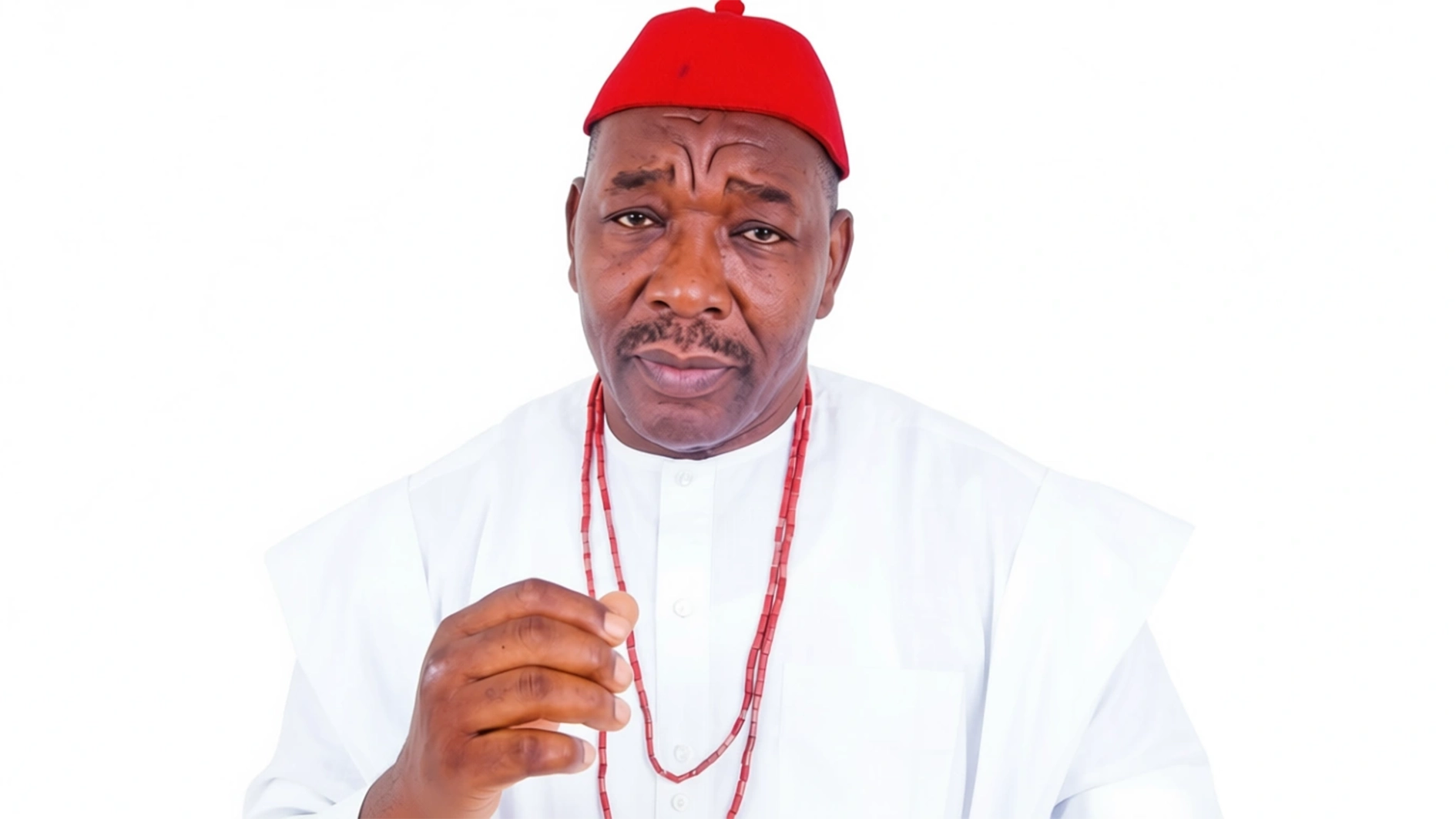In the lead-up to one of Nigeria’s most talked-about banking acquisitions, Union Bank of Nigeria was navigating complex operational, regulatory, and governance transitions. We spoke with Olawale Bamigboye, who served as Assistant Company Secretary during this pivotal period. In this exclusive interview, he shares reflections on corporate governance culture, board dynamics, and institutional readiness before Titan Trust Bank acquired a majority stake .
From your position within the Company Secretariat, what was the internal governance climate at Union Bank like in the years leading up to the acquisition?
That period was defined by deep introspection. Union Bank was actively modernizing its internal structures to align with evolving regulatory expectations. There was also a push to improve transparency, optimize board oversight, and streamline decision-making protocols, all while sustaining investor confidence.
What were the Company Secretariat’s key focus areas during this period?
Our core mandate revolved around regulatory compliance, board governance, and stakeholder engagement. We were deeply involved in aligning board activities with corporate goals and regulatory requirements, ensuring that Union Bank’s governance documentation, reporting cadence, and ethical culture met evolving standards.
Governance transitions often cause unease. Were there signs or preparations internally that signaled a possible acquisition?
While no formal announcements had been made, there were certainly conversations about strategic repositioning. Our duty at the time was to ensure readiness, whether for a new market reality, a partnership, or structural reforms. The governance culture we were nurturing was built to weather transitions.
How did Union Bank engage with the Central Bank of Nigeria during this time?
The relationship with the CBN was proactive. We understood that regulatory compliance was a non-negotiable anchor. The Company Secretariat worked closely with executive management and the Board to ensure full responsiveness to CBN directives, especially on issues like corporate disclosures, risk mitigation, and director independence.
From your vantage point, what stood out about Union Bank’s governance culture pre-acquisition?
What stood out was the intentionality. There was a conscious effort to professionalize board processes, improve succession planning, and elevate ethical standards. While challenges existed, as in any legacy institution, the commitment to governance reform was real.
Looking back now, what do you think made Union Bank attractive for acquisition?
Beyond the brand legacy, Union Bank had institutional structures that were adaptable. A digitized compliance process, improved stakeholder alignment, and a relatively clean governance sheet made it a prime candidate for investors seeking operational continuity with transformation potential.
Governance professionals are often the quiet stewards of institutional transitions. At Union Bank, our work during those years wasn’t always in the spotlight, but it laid the groundwork for whatever future unfolded.






